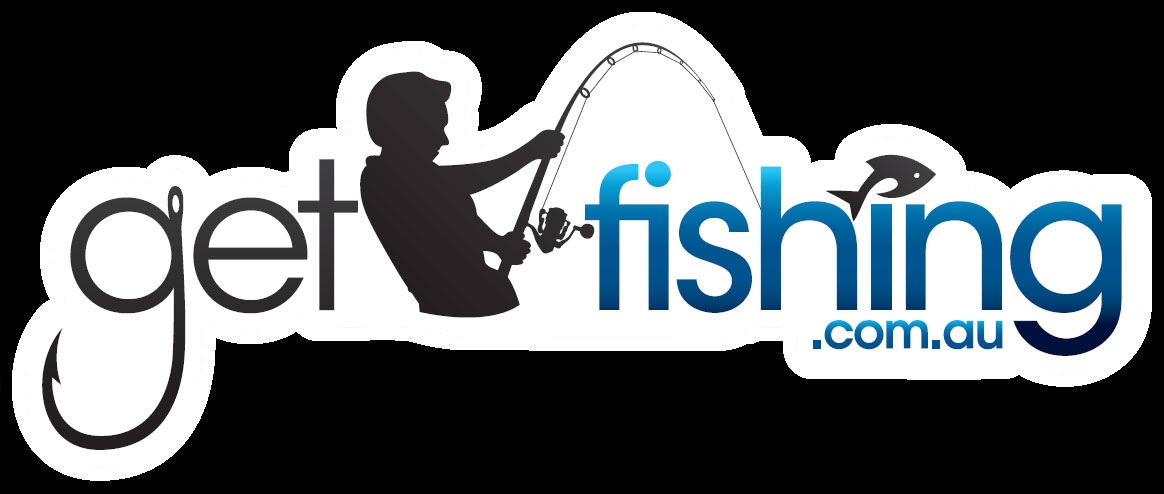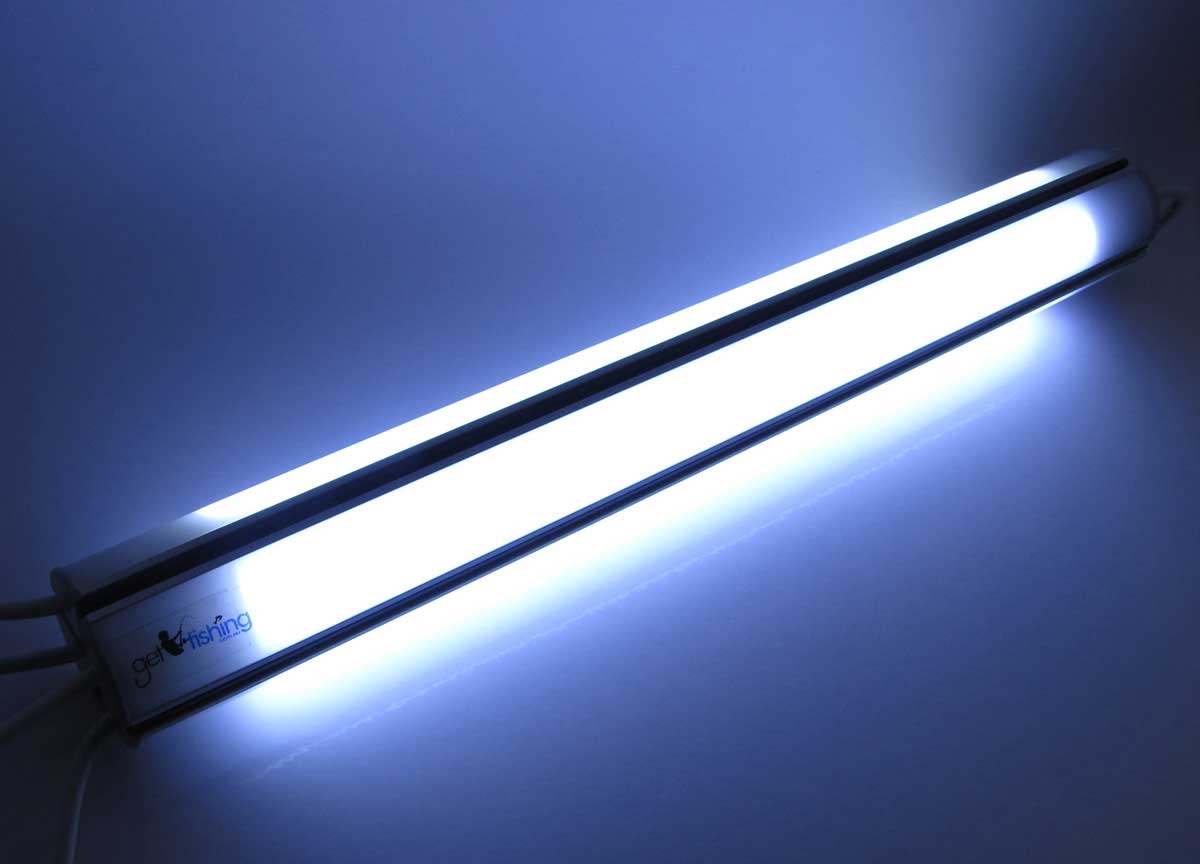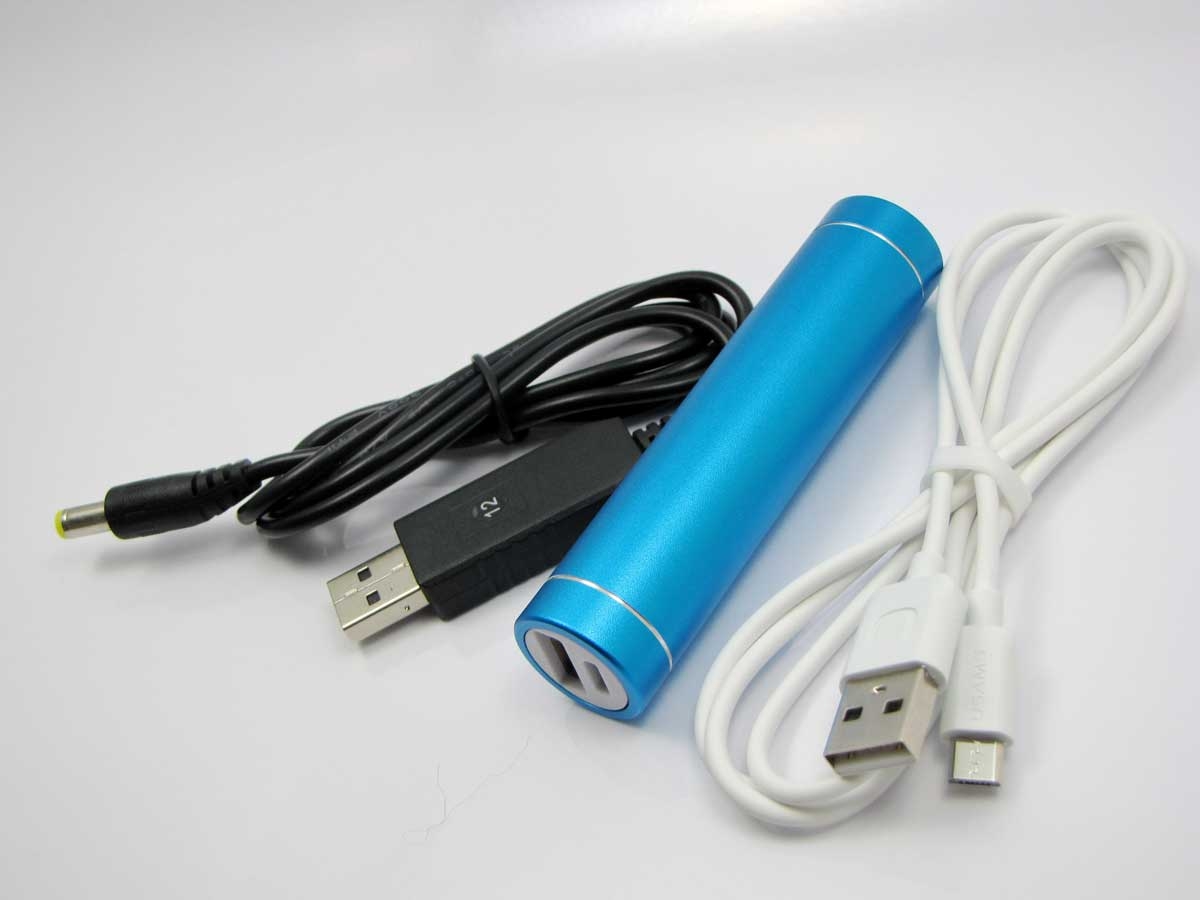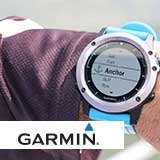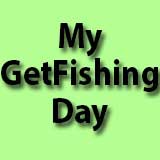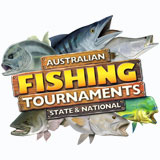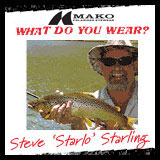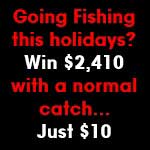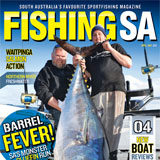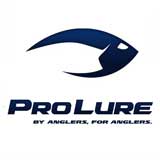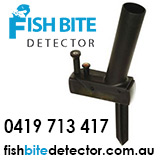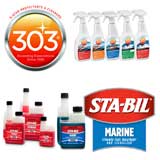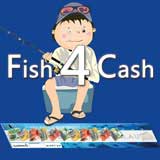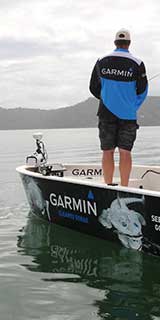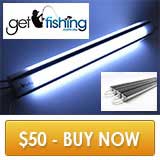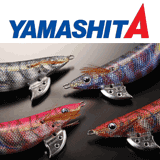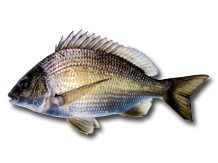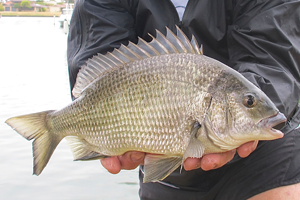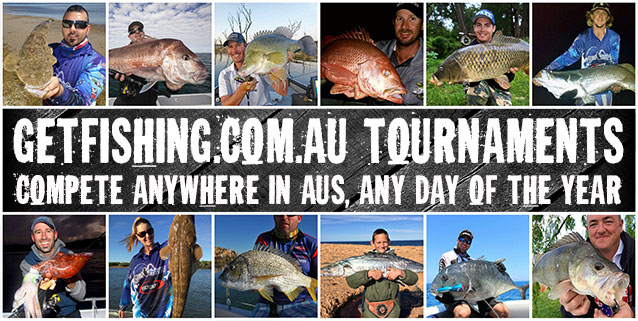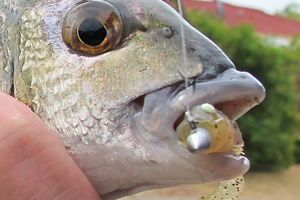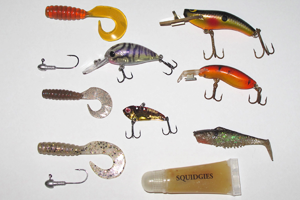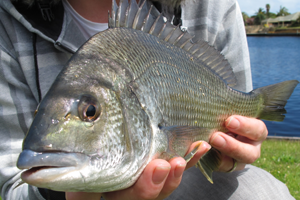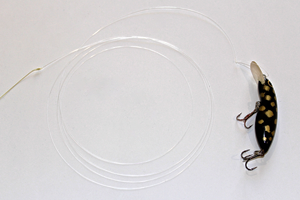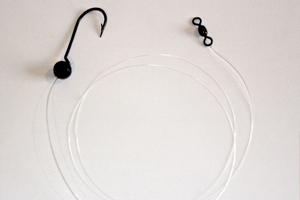Black Bream
How To Catch Black Bream – Download PDF
Where to fish
Black bream are endemic to coastal rivers and estuaries from Myall Lake NSW and South around to the Murchison River in WA, including Tasmania and Flinders and Kangaroo Islands. They spend their entire life within the estuary and prefer to reside in and around structure so when targeting them focus on areas such as fallen trees (snags), rock bars, mangroves, pylons, oyster leases, breakwalls, boat ramps and deep holes.
How to target
Black bream can be targeted from the shore or by boat, either way for better results it pays to fish close to structure. A reliable approach is to flick lures or lightly weighted baits in amongst fallen trees in the upper parts of estuaries, or around any other structure for that matter. They are a tough contender so in this scenario a firm drag setting and abrasion resistant leader will see you land better quality fish. Black bream also respond well to berley so if you prefer a passive approach throw a berley bag in the water and bring the fish to you.
Rod & Reel
A light to medium outfit consisting of a 6′-7′ carbon fibre or graphite rod in the 2-6kg range paired with a light threadline reel in the 1000-3000 size range.
Line & Leader
Braided (preferred) or monofilament mainline in the 2-6lb range with a 4-10lb fluorocarbon leader. Fish heavier leader in the snags if bust-offs are frequent.
Terminal Tackle
- Hook: Size 2 to 3/0. Anything will work. Mustad Viking 540 or Gamakatsu Octopus style will suit most applications
- Sinker: Limit weight as much as possible or fish unweighted if conditions allow.
- Trebles: Decoy YS 25’s, Owner ST-11’s, or VMC.
- Jighead: 1/32 – 1/4 oz to suit depth.
Best Lures
Popular bream lures include Jackall chubbies, Berkley gulp plastics, Squidgie plastics, Ecogear blades, vibes, small diving minnows, etc.
Best Bait
Good baits include nippers (ghost shrimp), prawns, pilchards, small strip/fillet baits, crabs, bread, pippies, beach worms & blood worms.
Hints and tips
Black bream are generally caught in estuarine habitats in the southern half of the country. They can be taken on a wide range of bait offerings and make great sport when targeted on lure with light outfits, especially in amongst the snags.
- Bream can be finicky and like a slow-sinking bait or lure. When lure fishing allow 3-5 seconds between twitching, hopping or slow rolling.
- When using fleshy baits try tweaking/bending the point of your hook outwards with pliers for a better strike rate.
- When using bait or plastics use minimum weight to keep you in the strike zone longer.
- Berleying is a good way to bring Black bream to you and keep them interested for longer. A good mix of chook pellets, bread, tuna oil, old pilchards/fish baits or crustacean shells will do the trick.
Rigging for luring
The trend amongst anglers targeting Black bream on lure would have to be braided line but monofilament also has it’s advantages. Attach the mainline to a 1-2m fluorocarbon or monofilament (for surface luring) leader with a joining knot such as an Albright or Double Uni. Attach the leader to the lure with a loop knot such as a Lefty’s Loop, Perfection Loop or Rapala Knot. This will optimise its action and allow the lure to swim freely in the water.
Rigging for bait fishing
When fishing with bait use as little weight as possible. In some situations no lead is possible which is a great way to present ‘drift’ baits down the burley trail. Hook to mainline as follows: Tie hook to fluorocarbon leader with a double-blood knot or other standard knot. If using weight insert a running sinker onto the leader now. Connect leader to mainline using a Double uni or other joining knot, or alternatively use a swivel to reduce line twist particularly when fishing with monofilament line.
Click here for more Information On Black Bream
Information courtesy of Danny Weaver, Gold Coast QLD
-
Price
$ 5
- View
-
Price
$ 80
- View
-
Price
$ 50
- View

